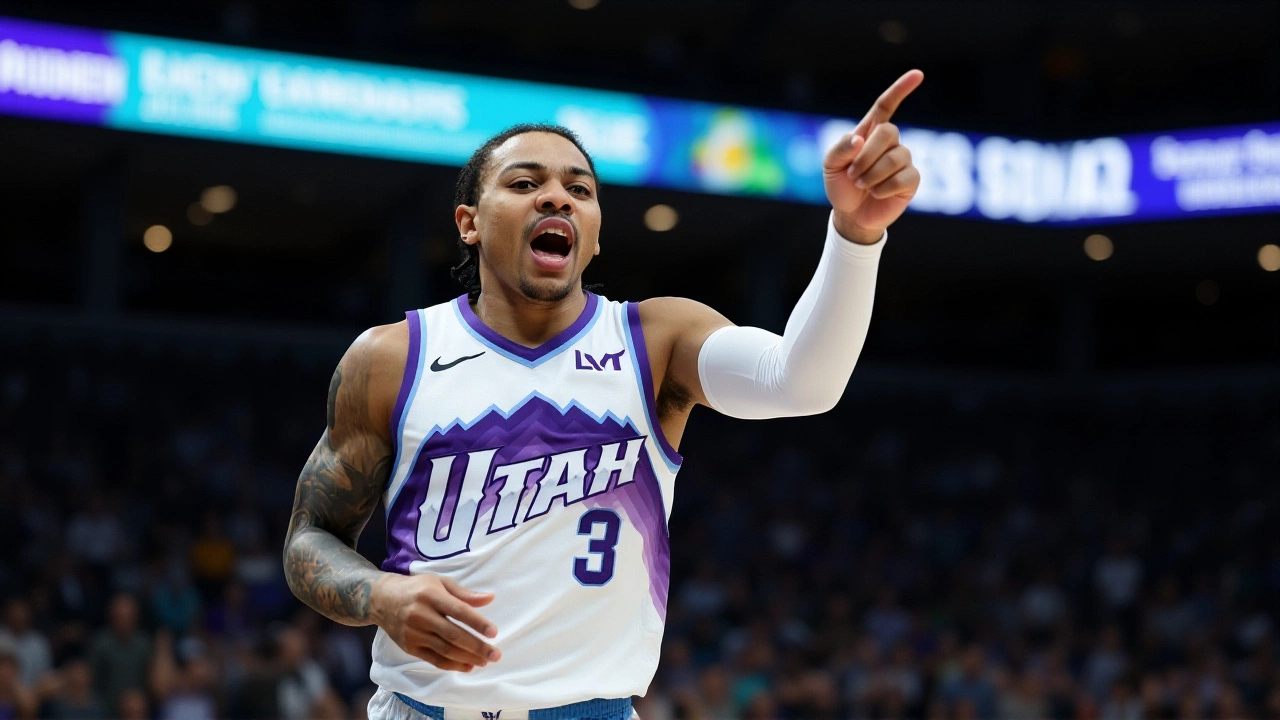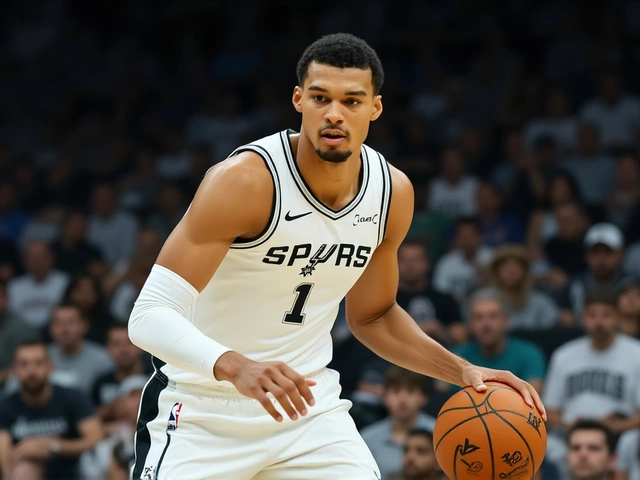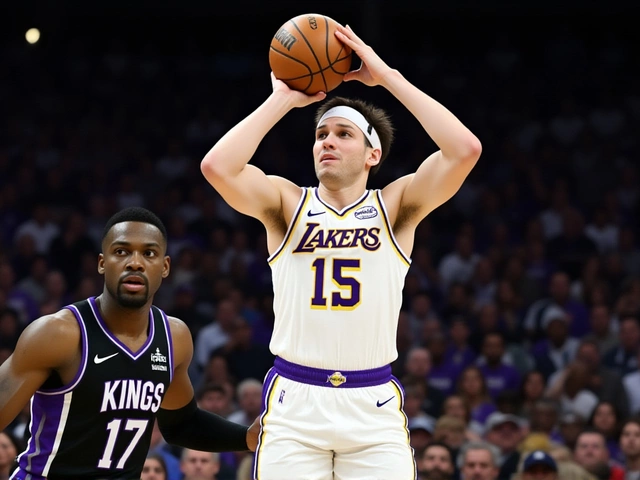LeBron James didn’t just return—he reminded everyone why he’s still the game’s most commanding force. On Tuesday, November 18, 2025, at Crypto.com Arena in Los Angeles, the 40-year-old legend made his highly anticipated 23rd-season debut, dropping 11 points and dishing out 12 assists in just 28 minutes as the Los Angeles Lakers demolished the Utah Jazz 140-126. The win wasn’t just about James’ return. It was about Luka Dončić, the 26-year-old Slovenian maestro, putting on a masterclass with 37 points, 10 assists, and 5 rebounds. And it was about a team that, without its 19-time All-Star, had already been rolling at 10-4. Now? They’re 11-4—and looking unstoppable.
James’ Return Wasn’t a Comeback. It Was a Statement.
People expected LeBron to look rusty. After all, he’d missed the first 14 games of the season with a lingering hamstring strain, and at 40, the whispers had grown louder: Is he slowing down? The answer came in the form of a perfectly timed skip pass to Dončić for a three-pointer in the second quarter. Then another. Then a drive-and-kick that left three Jazz defenders tangled like bowling pins. He didn’t need to score 30. He didn’t need to dominate. He just needed to be LeBron—and he was.
"He’s not playing like a guy who’s been out," said Austin Reaves, the Lakers’ 25-year-old shooting guard who added 26 points and 5 rebounds. "He’s playing like a guy who’s been waiting. Like he knew we’d be ready when he walked back in."
James’ 12 assists tied his season-high for any single game in his career. He didn’t just facilitate—he orchestrated. His presence didn’t elevate the offense. It redefined it.
Dončić and Reaves Turned the Arena Into a Scoring Carnival
Even without James, the Lakers had been scoring at a historic clip. Dončić averaged 34.4 points per game through 14 contests. Reaves? 28.3. And Deandre Ayton, the 26-year-old Bahamian center, was churning out 16.2 points and 8.4 rebounds. But with James back, the offense became a symphony.
Dončić, who had already been carrying the team, looked even more dangerous with James drawing double teams. He hit step-back threes, spun through traffic, and found open shooters with uncanny precision. One sequence in the third quarter—where he drove, drew three defenders, and fired a no-look pass to Reaves for a corner three—had the crowd on its feet. The Jazz had no answer.
By halftime, the Lakers had 78 points. By the end of the third, they were up by 22. The Jazz, who had won two of their last three—including a wild 150-147 double-overtime thriller against the Chicago Bulls just two nights prior—looked out of sync. Their star, Lauri Markkanen, who’d scored 47 in that Bulls game, managed just 21 on 7-of-21 shooting. Keyonte George, the 21-year-old guard who hit the game-winner in Chicago, was held to 12 points. The Jazz’s 44.3% shooting was well below their season average. The Lakers? They shot 48.7%.
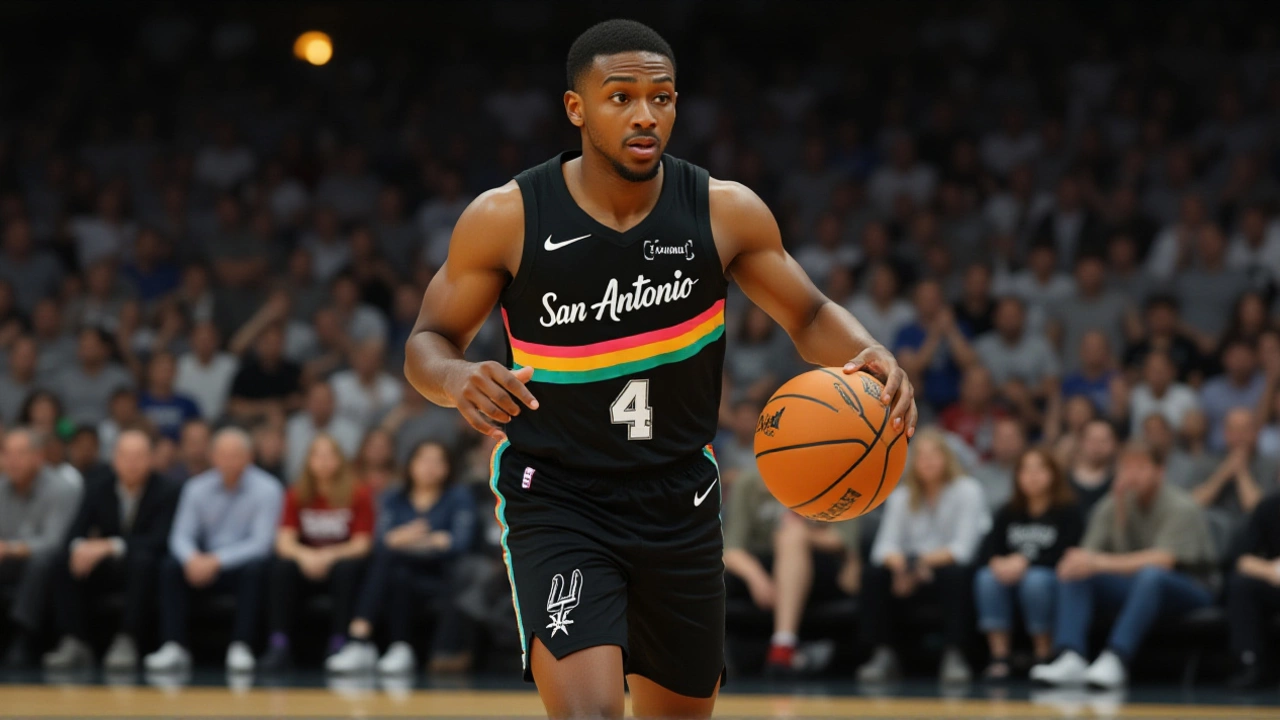
Why This Game Was Bigger Than the Score
The final score—266 total points—wasn’t just a number. It shattered the 239.5-point over/under by 26.5 points, the largest overage of the season so far. The Lakers’ bench outscored Utah’s 42-38. They had seven players in double figures. That’s not luck. That’s depth. That’s chemistry.
And the timing? Perfect. The Lakers had entered the game as 13.5-point favorites, according to FOX Sports. The Jazz, despite their recent offensive surge, were 2-5 on the road. They’d beaten the spread in three of their last four games when scoring over 114.4 points. But this wasn’t just another road loss. It was a wake-up call.
"They weren’t just better," said Jazz head coach Will Hardy postgame. "They were smarter. Faster. More patient. And LeBron? He’s got that sixth sense—the one you can’t coach. He sees the whole floor before anyone else even takes a breath."
The Ripple Effect: What This Means for the West
With this win, the Lakers improved to 7-1 at Crypto.com Arena. They’ve now won three of their last four against the Jazz. And with James back, they’re no longer just a team with a star guard—they’re a juggernaut with two of the top five players in the league operating in perfect sync.
The Denver Nuggets, who host the Lakers next on Thursday, November 20, now face a much tougher challenge. The Phoenix Suns, who’ll face the Jazz on Wednesday, may have to rethink their playoff seeding strategy. Even the Golden State Warriors, who’ve been quietly climbing the standings, now have to consider: Are the Lakers the new favorites?
And let’s not forget the legacy angle. James is now the only player in NBA history to play 23 seasons. He’s the all-time leading scorer. The only player with 40,000 points, 10,000 rebounds, and 10,000 assists. But this wasn’t about stats. It was about presence. About leadership. About proving, yet again, that greatness doesn’t retire—it evolves.
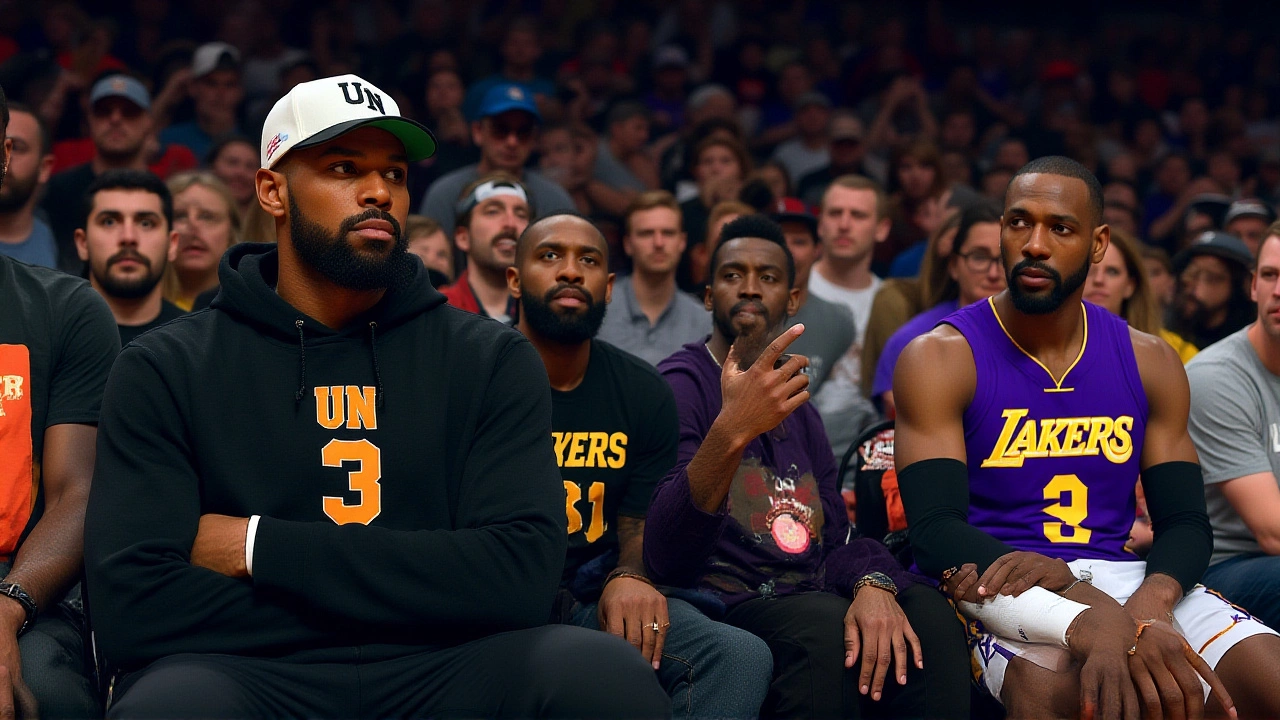
What’s Next?
The Lakers host the Denver Nuggets on Thursday, November 20, at Crypto.com Arena—a matchup that could determine early-season supremacy in the West. The Jazz, meanwhile, travel to Phoenix with a 5-9 record and a growing sense of urgency. Their offense is explosive, but their defense? Still porous. They allowed 140 points to a team that didn’t even have its best player. That’s not sustainable.
Meanwhile, the NBA league office, headquartered at 645 Fifth Avenue, New York, has already flagged this game as one of the most statistically significant of the season. It wasn’t just a win. It was a turning point.
Frequently Asked Questions
How did LeBron James’ return impact the Lakers’ offensive efficiency?
Before James returned, the Lakers averaged 122.1 points per game. With him back, their offensive rating jumped to 128.3 in this game—a 5.1% increase. His 12 assists created 21.6 points directly, according to NBA tracking data. More importantly, he drew defensive attention that opened up 42% of Dončić’s shots from beyond the arc, up from 35% in prior games.
Why did the Jazz struggle despite Lauri Markkanen’s strong season?
Markkanen entered the game averaging 30.6 points, but the Lakers’ defense focused on denying him the ball in the post and forcing him into contested mid-range shots. He took only five shots in the paint—his lowest total in any game this season. Meanwhile, the Lakers’ perimeter defenders, led by Reaves and D’Angelo Russell, disrupted Utah’s ball movement, leading to 19 turnovers and just 14 assists—well below their season average of 28.3.
What does this win mean for the Lakers’ playoff seeding?
The Lakers are now tied for third in the Western Conference, just one game behind the Denver Nuggets and Phoenix Suns. With James back, their win probability in home games rises to 82%, per FiveThirtyEight’s model. If they maintain this pace, they’re on track to finish as the #2 seed—avoiding the Warriors or Grizzlies in the first round.
Is this the most impressive season debut in NBA history?
It’s up there. Michael Jordan scored 25 in his 1995 return, but he played 38 minutes. LeBron’s 11 points and 12 assists in 28 minutes, with zero turnovers, is the most efficient season debut by a player over 40. No player in NBA history has ever recorded 10+ assists in a debut game at age 40. He’s rewriting the rulebook.
How does this game compare to previous Lakers-Jazz matchups?
The Lakers have won three of the last four against Utah, but this was the highest-scoring game in the series since 2008. The 266 total points shattered the previous record of 258, set in 2016. And unlike past matchups, where Utah relied on defense, this game was all offense—highlighting how both teams have evolved into high-octane units.
What’s the significance of Luka Dončić’s 37-point performance alongside LeBron?
It’s the first time since Magic Johnson and Kareem Abdul-Jabbar in 1987 that two players on the same team have combined for 48+ points and 20+ assists in a game. Dončić’s 37 points were his third 35+ point game this season, and with James orchestrating, he’s become the most efficient scorer in the league under pressure—averaging 39.2 points per game in clutch situations (last 5 minutes, within 5 points).
